Off Rough Point
Emma Lazarus was an American poet born in New York City. She is best known for “The New Colossus”, a sonnet written in 1883; its lines appear on a bronze plaque in the pedestal of the Statue of Liberty placed in 1903. [chương_files]

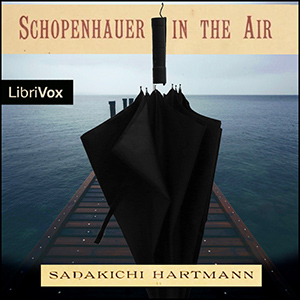
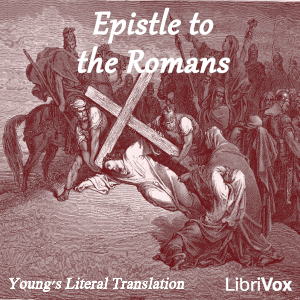
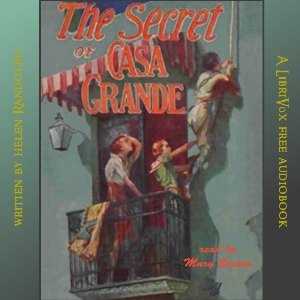


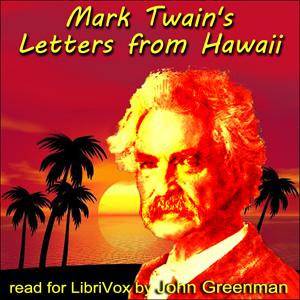
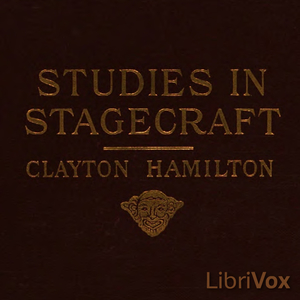

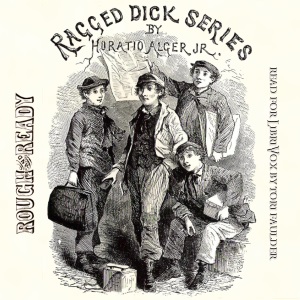



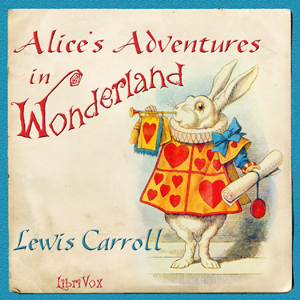
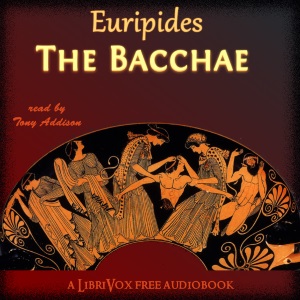




Emma Lazarus was an American poet born in New York City. She is best known for “The New Colossus”, a sonnet written in 1883; its lines appear on a bronze plaque in the pedestal of the Statue of Liberty placed in 1903. [chương_files]

The 2022 Christmas collection brings some old favourites along with some new selections, from the traditional to the bizarre. Among the selections, there’s a man who revels in having been born on Christmas, and a man who believes he’ll die on Christmas; wild animals who set up their own Christmas tree, and a wild town that’s tamed for one Christmas celebration; the faith of two small children’s prayers, and faith in the existence of Santa Claus affirmed. Enjoy! (Summary by TriciaG) “My Uncle Peter” is taken from two texts. Part 1 is listed below; Part 2 is HERE. [chương_files]
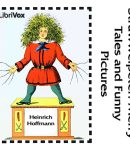
Struwwelpeter (Slovenly Peter) is an illustrated collection of humorous children’s poems describing ludicrous and usually violent punishments for naughty behavior. Hoffmann, a Frankfurt physician, wanted to buy a picture book for his son for Christmas in 1844. Not impressed by what the stores had to offer, he instead bought a notebook and wrote his own stories and pictures. While Struwwelpeter is somewhat notorious for its perceived brutal treatment of the erring children, it has been influential on many later children’s books, most notably Charlie and the Chocolate Factory. (Summary by Catharine and wikipedia.org) [chương_files]
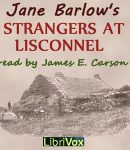
Strangers at Lisconnel is a sequel to Jane Barlow’s Irish Idylls. The locations and most of the characters are common to both. There is great humor and concomitantly a certain melancholy in most of these stories of the most rural of rural places in Ireland. Although of a higher social class than her characters, Our Jane seems to have a touch of softness in her heart for their utter simplicity, abject poverty and naiveté. From the following brief example of dialogue, can be seen that Ms Barlow could only have come to write these words after having heard them countless times in person: Mrs. Kilfoyle: “I declare, now, you’d whiles think things knew what you was manin’ in your mind, and riz themselves up agin it a’ purpose to prevint you, they happen that conthráry.” Although Jane Barlow did not consider her poetry worthwhile, the rythmn and music of her prose is magical to the ear. (Summary by JCarson) [chương_files]

In 12th-13th century Japan there lived a man named Fujiwara no Teika (sometimes called Sadaie), a well-regarded poet in a society that prized poetry. At one point in his life he compiled the Ogura Hyakunin Isshu (often known simply as the Hyakunin Isshu), which means “A Hundred Poems by A Hundred Poets” (literally “A hundred people, one poem [each]”). This collection of a hundred poems is known to almost all Japanese, and over the years it has been translated by many different people. One of the early translators of the collection was William Porter. His translation, first published in 1909, was titled “A Hundred Verses from Old Japan”. (Summary by Kevin Steinbach) [chương_files]
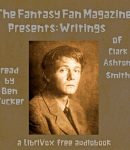
Collected here are all of Clark Aston Smith’s writings he submitted to The Fantasy Fan Magazine. The Fantasy Fan Magazine was a periodical dedicated to people professing their love of and celebrating fantasy and weird fiction. In addition to the opinion pieces and non-fiction articles, The Fantasy Fan also included many short stories and poems by some of the authors it celebrated such as H. P. Lovecraft, Robert E. Howard and Clark Ashton Smith, a personal favorite of editor Charles D. Hornig. Smith contributed quite a variety of stories, poems and articles to The Fantasy Fan over its two-year tenure. From the weird and creepy journeys to unknown worlds of “The Kingdom of the Worm” and “The Primal City” to the strange and haunting poetry of “A Dream of the Abyss” and “Necromancy” to the insightful essays on M. R. James and fantastic fiction in general, Smith shows the breadth of his writing skill within the pages of this sadly short-lived ‘zine. (Summary by Ben Tucker) [chương_files]
Sir Walter Raleigh (c. 1552 – 29 October 1618) was an English aristocrat, writer, poet, soldier, courtier, spy, and explorer. He is also well known for popularising tobacco in England. Raleigh’s poetry is written in the relatively straightforward, unornamented mode known as the plain style. C. S. Lewis considered Raleigh one of the era’s “silver poets”, a group of writers who resisted the Italian Renaissance influence of dense classical reference and elaborate poetic devices. In poems such as “What is Our Life” and “The Lie”, Raleigh expresses a contemptus mundi (contempt of the world) attitude more characteristic of the Middle Ages than of the dawning era of humanistic optimism. But, his lesser-known long poem “The Ocean to Cynthia” combines this vein with the more elaborate conceits associated with his contemporaries Edmund Spenser and John Donne, expressing a melancholy sense of history. A minor poem of Raleigh’s captures the atmosphere of the court at the time of Queen Elizabeth I. His response to Christopher Marlowe’s “The Passionate Shepherd to His Love” was “The Nymph’s Reply to the Shepherd”. “The Passionate Shepherd to His Love” was written in 1592, while Raleigh’s “The Nymph’s Reply to The Shepherd” was written four years later. Both were written in the style of traditional pastoral poetry. They follow the same structure of six four-line stanzas employing a rhyme scheme of AABB. Poems in this collection: Epitaph The Nymph’s Reply to the ShepherdThe Lie The Passionate Man’s Pilgrimage Life A Farewell to False Love Praised be Diana’s […]
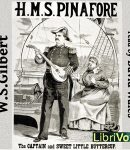
In this recording, one person reads the entire play, all parts, including the stage directions. Even without the support of Arthur Sullivan’s music and the interpretation of actors, the consummate silliness of Gilbert’s libretto entertains. H.M.S. Pinafore; or, The Lass That Loved a Sailor is a comic opera in two acts, with music by Arthur Sullivan and a libretto by W. S. Gilbert. It opened at the Opera Comique in London, England, on 25 May 1878 and ran for 571 performances, which was the second-longest run of any musical theatre piece up to that time. H.M.S. Pinafore was Gilbert and Sullivan’s fourth operatic collaboration and their first international sensation. The story takes place aboard the British ship HMS Pinafore. The captain’s daughter, Josephine, is in love with a lower-class sailor, Ralph Rackstraw, although her father intends her to marry Sir Joseph Porter, the First Lord of the Admiralty. She abides by her father’s wishes at first, but Sir Joseph’s advocacy of the equality of humankind encourages Ralph and Josephine to overturn conventional social order. They declare their love for each other and eventually plan to elope. The captain discovers this plan, but, as in many of the Gilbert and Sullivan operas, a surprise disclosure changes things dramatically near the end of the story. Drawing on several of his earlier “Bab Ballad” poems, Gilbert imbued this plot with mirth and silliness. The opera’s humour focuses on love between members of different social classes and lampoons the British class system in general. […]
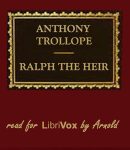
As usual, Trollope creates a nice variety of characters of different English classes, sentiments and positions. The primary themes are the inheritance of property, extravagance or reason in the spending of assets, the mating of young people, and the electoral practices of the time. The election chapters are based on Trollope’s own experiences when he ran for Parliament. There are, of course, many subplots which allow Trollope to express, through dialog, his opinions about greed, snobbery, work ethics and dandyism. Trollope probably regretted the duplicative naming of his characters after a while; we have two Gregory Newtons, uncle (and present Squire of Newton) and one of his nephews. Then there are several Ralphs: the (deceased) father, Ralph his son (the heir), and Ralph (not the heir) the son of the uncle Gregory! As they appear, Trollope has to interject “not the heir”, or “the other Ralph”. Ralph the heir is an extravagant, easy living young man who has spent himself into debt, and is faced with having to either sell his right to the family property, or marrying a wealthy tradesman’s (a breeches maker cutely named Mr. Neefit) daughter. Four young women are major characters, and these are sought by the two Ralphs, young Gregory, and a bootmaker, Ontario Moggs (don’t you love the names?). These include the fairly sedate daughters of the family lawyer, a ravishing West Indian beauty come to live with them, and the tradesman’s daughter. There are the classic novel “misunderstandings” from errors in communication; while […]
Ten early Public Domain poems by some of the authors mention of whose most popular works is most likely to come in close proximity to the word “sorry” in the LV forums. Included are: JRR Tolkien, Aldous Huxley, George Orwell, Dorothy L Sayers, CS Lewis, William Faulkner, Kahlil Gibran, DH Lawrence, Robert Graves and Ernest Hemingway. [chương_files]
Copyright © 2024 | FreeAudible